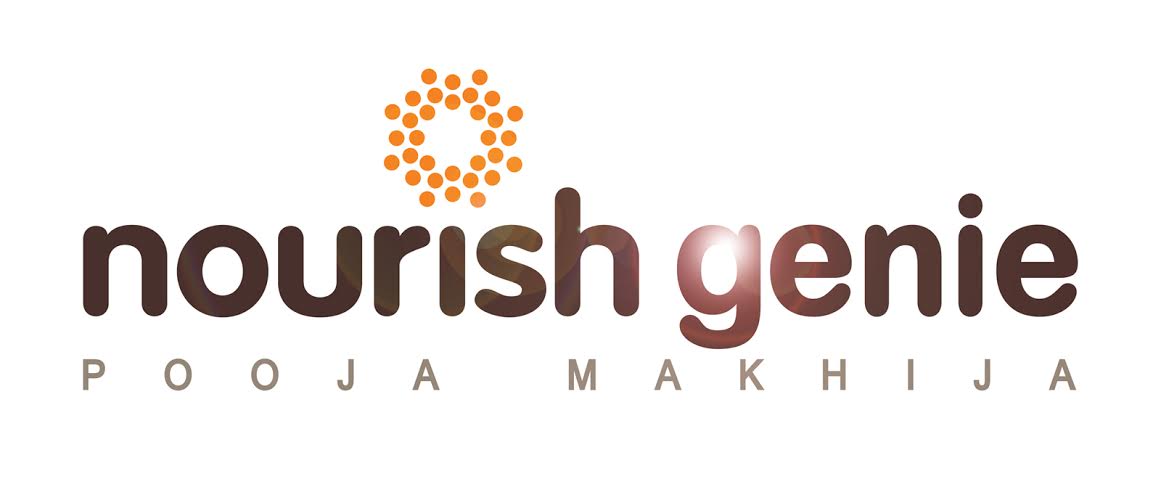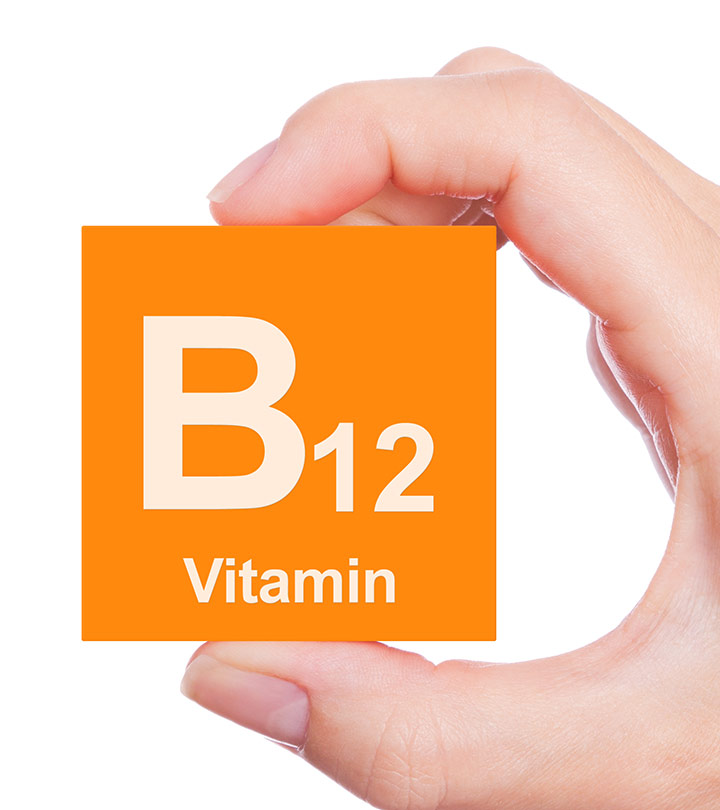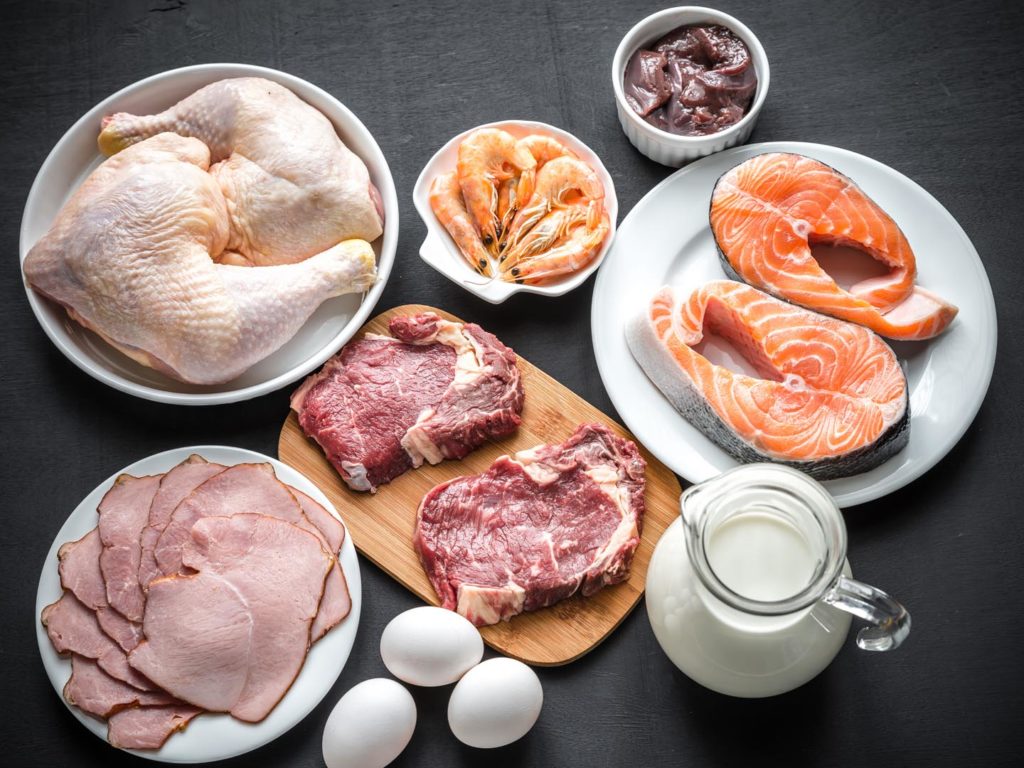Dear Pooja,
I am suffering from low vitamin B12 levels since I follow a strict vegetarian diet. I had been prescribed medicines twice by doctors in the past since I was suffering from recurring fever due to low B12 levels. Both times I got extreme acne eruptions all over my face, which took almost two years to subside after stopping the medicines. Normally, I have seen that B12 is found in non-vegetarian food items (liver, meat, eggs) or diary products. The problem is that since I am acne prone, I am unable to consume diary products since they cause eruptions. Could you please suggest some plant-based food items that could help increase my B12 levels.
Vitamin B12 is necessary for the synthesis of red blood cells, nervous system functions and growth and development in children. Deficiency of this vital vitamin causes lowered immunity, symptoms of fatigue, poor memory, depression, even tingling in your hands and feet. As a vegetarian you don’t have much access to B12 in your diet other than a little from the milk and milk product that you may be consuming. Now milk can sometimes trigger acne eruptions if your body is unable to digest it properly – this leaves you with no dietary source of B12 sadly. I highly doubt that the oral B12 supplements were the cause of the eruptions on your face that you noticed the last two times. B12 is an essential nutrient and if you cannot obtain it from the diet then oral supplement becomes essential. Another option that you could try would be to ask your doctor if he can give your intramuscular injections of the vitamin. When the levels are very low and the immunity is thus affected this route is usually advised. Check with your doctor for the same. Take better care of skin hygiene with a good balanced diet containing ample hydration for improved skin but don’t hesitate in correcting the your vitamin deficiencies. Good luck!
Genetics and lifestyle habits play a significant role in skin health, but even if you have not been blessed with good genes, certain foods can help you fight problems like acne and wrinkles. Adequate hydration and an antioxidant-rich diet go a long way to ensure healthy skin. Among the other eliminatory organs in the body, skin plays a vital role because of its sweat pores. When the waste byproducts and toxins in our bodies are not excreted totally through the kidney mostly due to lack of hydration, the skin bears the brunt of it. Adequate water and other hydrating liquids is one of the key secrets to healthy skin. Coconut water, buttermilk, fruit and vegetable juices, milkshakes, smoothies and soups all count as hydrating fluids. Tea, coffee, aerated beverages and alcohol do not. Well-hydrated skin is inherently protected from wrinkles, pigmentation, flaking, peeling and dryness.
FOODS FOR BETTER SKIN
To ensure your daily dose of epidermal enhancing vitamins, have a tall glass of freshly-prepared vegetable juice. Include carrots (rich in vitamin A), tomatoes (rich in lycopene and vitamin C), avocados (contains essential fatty acids (EFA) and vitamin E), parsley or spinach (chlorophyll, vitamin B12, folic acid) and or any other vegetable available to you in your refrigerator on any given day they all come with great nutritional benefits. This glassful of nature’s bounty ensures your daily needs of vitamins and antioxidants from the plate, which is better than any pill or supplements. Did you know that Omega-3 fatty acid is the best anti-aging food known to man? To procure this in its most natural form, consume fatty fish like salmon, mackerel or tuna. Other foods rich in Omega-3 fatty acid are almonds, soya, olive oil and rice bran oil. Flaxseeds and flaxseed oil are excellent sources too. They are also rich in phytoestrogens, which have a synergistic effect along with Omega-3, to give you youthful skin.
Green tea is another skin-friendly food; it is rich in flavonoids, which help protect the skin against acne, pigmentation or wrinkles.
Probiotic curds is very important for healthy skin, as it improves your immune system and kills bacteria that cause acne and other skin problems like psorasis.
Collagen is an essential component of the skin, which increases and enhances its elasticity. As the collagen levels reduce (occurs due to exposure to the suns UV rays), skin loses its elasticity and shows signs of aging. Natural vitamins and minerals are collagen’s best friend. Egg whites are a strong source of zinc, an essential vitamin that keeps skin firm and youthful. Pomegranates are loaded with nutrients, including polyphenols, a very potent antioxidant that boosts collagen.
Your skin is a barometer of how well or how poorly you are feeding your body.
THINGS TO AVOID
Sugar: Excess sugar intake throws the insulin levels off balance, which can lead to inflammation both inside the body and on your face. Cut back on sugar-laden desserts, breakfast cereals, snack bars, sodas and other goodies. You’ll see a marked improvement in your long-term skin health.
Deep-fried foods: Fried foods have compounds called `advanced glycation end products’ very aptly termed AGES that are linked to oxidative damage, and result in inflammation that can make your skin look ruddy, dull and wrinkled.
Excess salt: Most fried foods create a double whammy of trouble, as they are also high in sodium, which causes water retention. It’s most noticeable in the under-eye areas, as the skin there is very thin, and it doesn’t take much to cause a swelling.
The last key ingredients to the perfect skin are exercise and adequate sleep. Get your heart rate up and break into a sweat for that healthy glow, and don’t forget to sleep on time.

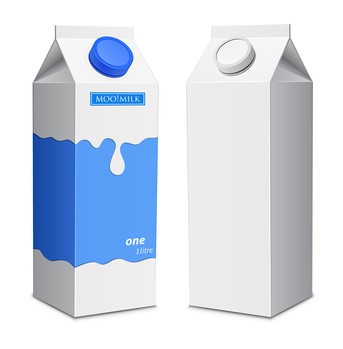
Did you know that boiling and re-boiling milk on a high flame for an extended period of time affects its nutritional content, particularly the proteins and B group (B1, B2, B12) of vitamins? These vitamins evaporate as heat increases. A lot of people are unaware of the fact that consumption of fresh milk is always advisable, and just one boil is enough to retain the nutrients of milk. A recent survey conducted by Research Pacific India reveals that 60 per cent mothers are unaware about the nutrition loss in milk due to boiling. Even after the first boil, they continue boiling it for about seven minutes. If you’re buying milk from the milkman, the ideal way to consume it is to heat it at 100 degrees Celsius for less than 8 to 10 minutes.
Another great solution is to opt for tetra paks. With rampant adulteration and microbial contamination of milk causing varied health risks, the use of aseptic packaging is a boon for the white revolution. Using either UHT (ultra high temperatures) or HTST (high temperature short time), the milk is heated on a prescribed high temperature for only a few seconds and then cooled down and immediate ly aseptically packed in tetra paks. This not only prevents entry of any microbes but also helps retain the nutritional strength of the packaged product. Once you open the tetra pak, refrigerate it and consume the milk within two to five days.Apart from being environmentally friendly, aseptic packaging increases the shelf life of the product, eases its transportation and also prevents adulteration of any sort.There are many myths surrounding tetra paks. We bust a few elementary ones:
MYTH #1
Tetra pak milk and dairy products have added preservatives: The use of high heat (75 degrees Celsius for 15-20 sec or 138 degrees Celsius for 23 seconds) helps remove all micro-organisms from the milk including bacterial spores. This process, followed by packaging, is conducted in a sterile con dition. The packing technique further helps prevent spoilage of the milk. All this together aids preservation and hence no additional preservatives are added.
MYTH #2
Tetra pak products are not nutritious: Heating on a high temperature for a very short time prevents the loss of most nutrients something that occurs in the conventional method of boiling. Many homemakers repeatedly boil milk for long durations to ensure that all microbes are de stroyed but in doing so, there is in turn a loss of all wa ter-soluble vitamins. This is the reason why aseptically packaged milk and milk products have better nutritive val ue than other forms of bottled milk.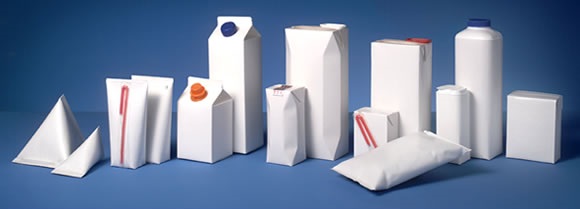
MYTH #3
Tetra pak milk needs boiling: Boiling of tetra pak milk is an unnecessary step that causes loss of many B complex vi tamins plus leads to wastage of time and resources. The aseptic packaging involves transferring the UHT treated milk into pre-sterilised packages in a sterile environment, thus there is no risk of contamination and therefore no need to boil the milk before use. You can have it directly or warm it slightly to have it as a hot beverage.
MYTH #4
Tetra pak is not suitable for children: With hygienic packaging of unparalleled quality, tetra pak milk is extremely safe for a child’s growth and development. Easy usability, convenient portability, and better nutrient strength all these factors make it a preferred choice for kids.
The Food Safety Standards Authority of India (FSSAI) has confirmed that 70 per cent of the milk available in the country is adulterated with detergent, glucose and skim milk powder. Hence, though we consume milk for its protein and calcium which may be retained post boiling too, tetra pak is an ideal option for packaged milk as it eliminates the chances of adulteration due to its absolutely hygienic process ing and packaging methods.
Not much is known about vitamin B12. People usually aren’t aware of its vital role in keeping the human body together. B12, an integral part of the B complex group of vitamins, is responsible for many things that we take for granted it helps in the conversion of carbohydrates into glucose, pushes up our energy levels and keeps lethargy at bay. It is vital in regulating both the nervous and digestive systems, which implies that adequate quantities of this vitamin decrease stress, fight depression and keep the brain from shrinking.
B12 also helps shield you from heart disease by regulating your cholesterol levels and protecting you from high blood pressure and stroke. It is, in addition, crucial to the maintainence of your nails, skin and hair. It also keeps you looking young as it aids in skin cell renewal. Wait, it’s not over yet.
This vital vitamin has a role to play in your body’s metabolism and helps in producing the all-important red blood cells. And when it’s done with that, it moonlights as an anti-cancer superhero, fighting colon, breast, lung and prostate cancer. Phew! Like all things we take for granted, B12 is missed only when its levels drop. Many conditions affect the body’s ability to absorb this vitamin’, ranging from severe anaemia to the thinning of the stomach lining, to diseases that affect the small intestine (celiac disease and Crohn’s disease). Problems with the immune system like lupus or Grave’s disease and heavy drinking also interfere with the way B12 is absorbed by the body.
But all’s not lost. And even if it has, it can easily be regained. B12 is abundantly available in many foods like meats, eggs, milk, cheese, certain kinds of fish and liver. For those who don’t eat these, B12 supplements are widely available.
But all’s not lost. And even if it has, it can easily be regained. B12 is abundantly available in many foods like meats, eggs, milk, cheese, certain kinds of fish and liver. For those who don’t eat these, B12 supplements are widely available.
For those with severe B12 deficiency, intramuscular doses is a medically-approved way of compensating the lack of it. The best part about this vitamin though is that it is water-soluble, which means that after the necessary levels get absorbed by the body, the extra amounts are excreted naturally by your body.
But don’t self medicate. You need to check with your doctor before deciding how exactly to tackle a B12 deficiency. Sometimes it could be symptomatic of a larger problem.
If you are feeling chronically tired, get your B12 levels checked. The prescription may be as simple as eating more B12-rich foods or popping a pill.
Vitamins B12 is very important for good immunity, energy, stamina and to prevent hair-loss.
